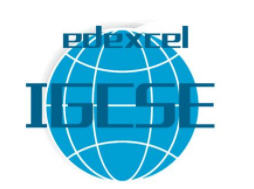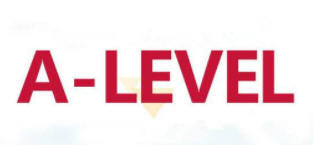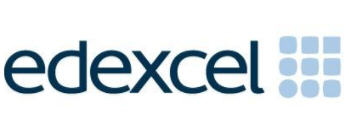International Curriculum Introduction: IGCSE & A-LEVEL

IGCSE (International General Certificate of Secondary Education) It is an international curriculum system specifically designed for students equivalent to the first and second years of senior high school in China. Globally, it is currently 14 to 16 years old is the most popular curriculum system, with tens of millions of students enrolling each year. IGCSE One of the characteristics of the curriculum is the excellent balance and complementarity between practical application and theoretical knowledge. Due to its comprehensiveness and the characteristics of its core subject curriculum, IGCSE it is suitable for students of different abilities. IGCSE The teaching content of the curriculum allows for and is suitable for localization, enabling it to be combined with specific teaching content in different regions, making it very suitable for Chinese students whose native language is Chinese.

A-LEVEL (General Certificate of Education Advanced Level) is a British national education curriculum and the main examination curriculum for British students before entering university. It is one of the most mature high school curriculum systems in the English-speaking world and is widely recognized globally. With A-LEVEL results, in addition to applying to universities in all English-speaking countries such as the UK, the US, Canada, and Australia, you can also apply to any university in the EU, and it is equivalent to local qualifications in countries such as France and Germany, and you can also directly apply to universities in Hong Kong.

Edexcel is the UK's largest awarding body and the only one in the UK that awards both academic and vocational qualifications. Pearson Edexcel academic certificate courses internationally mainly include GCE A-Levels/IAL, GCSE/International GCSE and PLSC courses. It is an examination that British students must take for university entrance, and its importance is equivalent to the Chinese Gaokao, and it is hailed by the international education community as the "world Gaokao" and the "gold standard for global university admission". Outside the UK, universities in almost all English-speaking regions of the world accept A-Levels results for admission applications, and in China, many students use A-Levels results to apply to top universities in the UK, US, Canada, and Australia.

AQA - The Assessment and Qualifications Alliance was formed by the merger of the Joint Matriculation Board and the Northern Examinations and Assessment Board in April 2000, and is currently one of the three major awarding bodies in the UK, enjoying a high reputation worldwide. AQA's global examinations include GCSE, GCE, GNVQ, VCE, Entry Level, and dozens of others, with over 75 million candidates worldwide. AQA's aim is to help candidates achieve their goals through the best assessment training and to ensure that their grades are reliable and credible. As a leader in the reform of the UK A-levels curriculum and examinations, AQA has made constructive suggestions for the reform of the A-levels curriculum and examinations, focusing on students' understanding of knowledge and paying more attention to cultivating students' ability to use their knowledge to solve problems.







